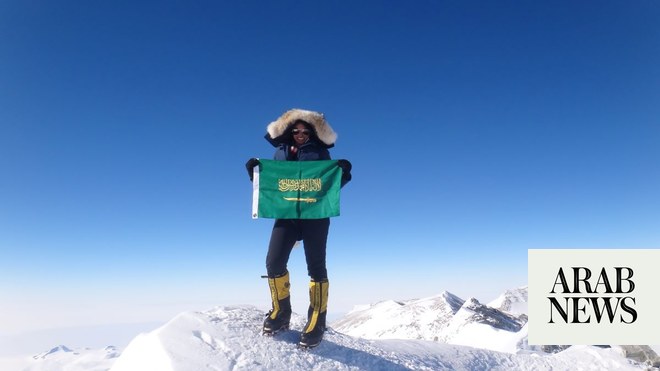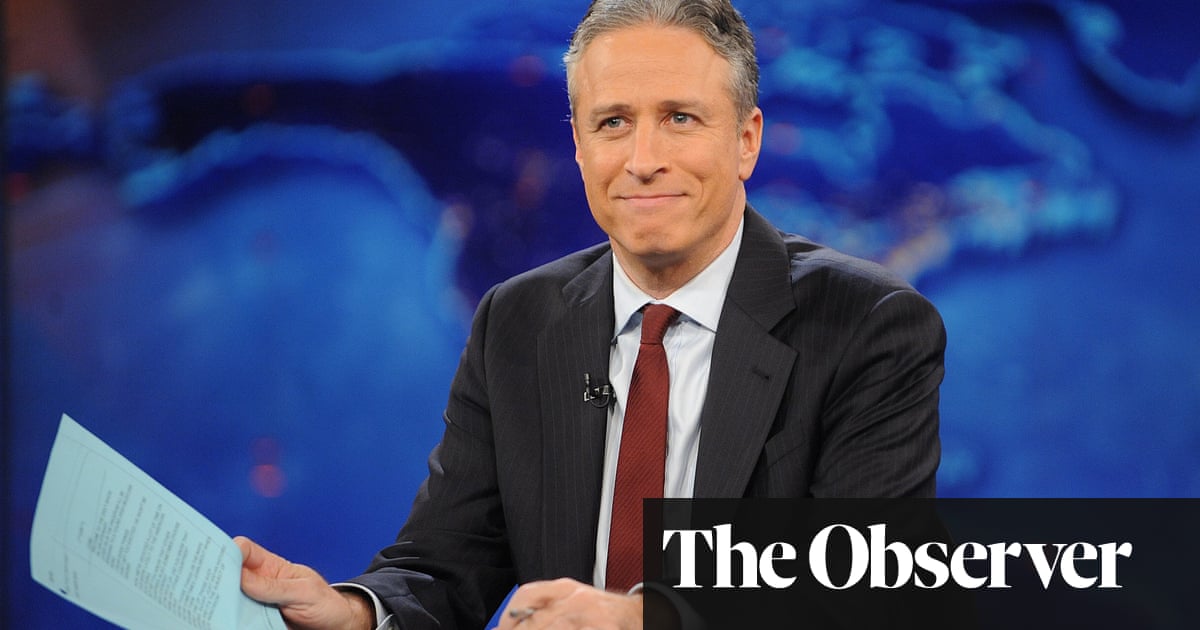
The first Saudi woman to summit Everest is returning to the world’s highest mountain next month to ‘pass the torch to the next generation’
DUBAI: No one climbs a mountain alone. Whether you’re nearing the peak or at the beginning of your journey, there is always a helping hand that helps you achieve what you once thought was impossible. Saudi mountaineer Raha Moharrak has learned this lesson again and again.
For the latest updates, follow us on Instagram @arabnews.lifestyle
In May, 2013, Moharrak became the first Saudi woman to scale Mount Everest. Now, 10 years later, she will provide that helping hand herself — enabling two young women to achieve their dreams along with her as she once again sets off to summit the world’s tallest mountain.
“As long as I’ve been thinking about this journey, I knew I could never return to Everest just to post it on social media. If I was going to go back, I had to give back as well,” Moharrak tells Arab News. “I remember how hard it was to find a sponsor, how hard it was to find a person to take my hand. I want to be that person. I want to be the positive change I once needed so badly — to pass the torch to the next generation of adventurers.”
To find the young women up to the task, Moharrak worked with Adidas to set up a region-wide competition which received thousands of applicants, far more than she had ever anticipated. In the exhaustive selection process that followed, they whittled it down to two, both based in the UAE. Moharrak will be setting off in mid-May with the winners, all sponsored by the world’s second-biggest sportwear brand.
“Going back is amazing. Paying it forward is more amazing. I feel this is a nice ending to the legacy. Being able to open the door to someone’s dream is always what I wanted. I never wanted to be the story itself — I wanted to be the storyteller,” Moharrak says. “I’ve always thought that being the first to do something doesn’t mean as much if you’re also the last.”
As she prepares for her next adventure, Moharrak has been thinking more and more about the people that helped her make history. There’s one, perhaps, she’s been thinking about most of all — Marwa Fayed, who co-founded climbing and trekking company Wild Guanabana with her husband Omar Samra.
“Back when I decided to climb my first mountain 13 years ago, I went online and researched how to do it, and theirs was one the only companies that existed at the time here in the region. It was two or three in the morning during Ramadan when I was on their site, and I saw a little chatbox at the bottom of their website, and thought it was a bot I could message to get more information,” Moharrak explains.
“After a lot of back and forth, in which I made it clear I had a lot of fear about the prospect of climbing a mountain, I asked, ‘Are you a real person?’ They responded, ‘If chatbots were this smart, I’d be out of the job. My name is Marwa, and I’m from Egypt. I’m a woman too, and I know how you feel. It’s going to be OK, and I’m going to help you through this.’”
Inspired by their conversation, Moharrak met with Fayed only a few days later, giving her the down payment but still unsure of how exactly she was going to climb a mountain. In fact, up until only a short while earlier, she’d thought Kilimanjaro was a fruit. This was all startingly new.
“I said, ‘I don’t even know what to wear!’ Marwa said ‘Let’s go’, and we went and bought my first boots. Within a year, I went with her to Everest base camp, and she taught me so much. Without her, I would have been too afraid to do any of this. Because of her, I took the steps that no one had taken before, and the rest, quite literally, is history.”
A year later, Moharrak set off to Everest with the expedition team Arabs with Altitude, along with Mohammed Al-Thani, the Qatari royal who became the first from his country to climb the mountain, and Raed Zidan, the first Palestinian man to make the summit. Fayed wanted to climb Everest, too. She never did. Not long after Moharrak returned from the journey, Fayed died.
“She left a big hole not just in my heart, but in the hearts of many in the community. It was devastating. I get emotional talking about her even now,” says Moharrak.
Without the help of that one inspirational woman, Moharrak would have let her call to adventure go unanswered. That’s why she is so intent on helping these young women go with her now, and why she’s bringing the Wild Guanabana team with her.
“I’m paying tribute to Marwa — to this incredible human being that was gone too soon,” she says. “I know that if I pay her incredible gift to me forward — the gift of inspiration — I can keep her legacy alive.”
From the time she was a child, Moharrak has always had an adventurous spirit, but she was always told that an Arab woman — a Saudi woman, no less — could not achieve what she has. She knows now that that the fear and doubt that existed inside her was not natural, it was instilled in her.
“What better way to prove the fallacy of a stereotype than by breaking that stereotype? Because I was a stereotype, and I made a promise to myself as a little girl I wouldn’t stay one,” Moharrak says. “All the recognition, all the accolades, are a nice bonus, but all I really wanted was to keep that promise I made to the little girl that I once was.
“I was once a six year old who believed she was destined to do more, who knew deep down that her gender, her background, her ethnicity, and where she’s from did not dictate her capabilities, in any shape or form,” she continues. “I know now I always had the right to dream big and live even bigger, just as every woman like me does. And with a helping hand, we can overcome any voice that tells us we can’t, from within us or from others.”
Moharrak has her sights set on other goals as well. When she gets back to Everest, she wants to interview her guides, to tell their stories, too. She’s bringing special boots for her main sherpa. She wants to do anything she can to lift up the people who have helped her get to the top of the world. Some day she wants to get to space, she says, but before that, she also wants to take her father, the man who once prayed for her in the mosque every day of her first Everest climb, to Mount Fuji. And after that? She knows there’s more young women she can help.
“I want to make a living out of helping others, just as the people who helped me did,” she says. “My dream is to have a fulfilled life, and that’s what fulfills me most.”












